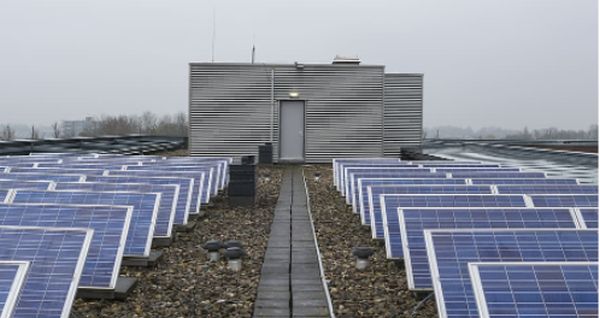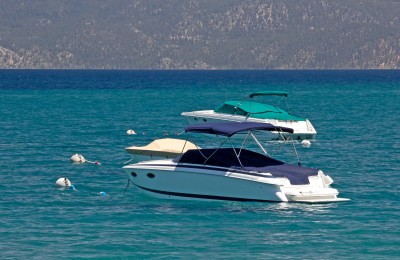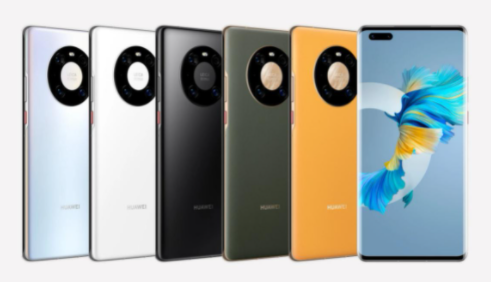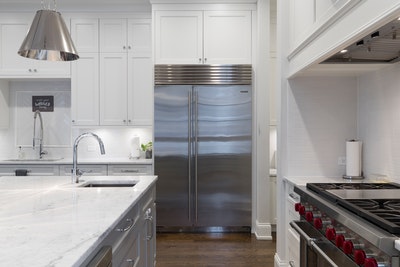5 Common Solar-related Questions People Ask

As more people become more aware of solar energy options, they tend to ask questions to learn as much as they can.
For many, the idea of using the sun as a primary source of electricity is primitive and inadequate. For others, it may be dangerous or unsustainable.
Every question about solar energy and the generation of power that people ask is valid.
That is why we aim to answer as many as possible, especially those targeted at key areas.
This article https://www.solargraf.com/solar-installer-faq-our-most-common-questions-answered/ answers a number of specific solar industry questions you may have.
Questions People Ask
The following are some of the common questions people ask about solar power, generation, and other related areas:
1. How Cost-effective Is Solar Power?
Using PV systems is more cost-effective than the average use of conventional electricity. The thing about using it is that you cut the cost of the electricity you use from the grid, channeling most usage to the solar. In some cases, you stop using electricity from the grid. Many owners of these systems want to have it such that they depend solely on the panels for electricity.
So, look at it this way: it is like you are paying for many years of energy use ahead of time. It is free; the only payment you make is the initial cost of buying the components and installing them.
When you compare how much you would have spent on electricity bills over the next twenty years to the current price of the PV system, you will understand how much you have saved.
2. Can I Store Solar Power?
You can store it in batteries. That is one of the advantages of using this source. When the panels draw energy from sunlight, they transfer some of them to batteries for storage. This process works for off-grid solar systems and on-grid battery-backed ones.
However, these batteries are pretty expensive, and only a small percentage of users can afford them. Besides, electricity stored in batteries may be insufficient to carry heavy-load appliances such as refrigerators and air conditioners.
If you want such convenience, it will mean spending more on batteries. Otherwise, you tie such devices to the primary electricity grid.
3. When Does Solar Power Work?
The systems provide electricity when there is sunlight. Panels draw energy from the sun rays, convert it to Direct Current (DC), and transfer it to the inverter. There, the power changes to Alternating Current (AC) which a home uses to power appliances.
Fortunately, the panels can also draw power to convert to electricity even on cloudy days, though there is usually less available than on sunny days. However, it is a misconception that solar does not work when there is no sun. Rays from the sun, though hidden, are still available enough to produce energy.
In addition, you can store some on the grid when the panels draw and store excess power. While you use the available one during the day, you can use the stored one at night when there is no sun.
But that will mean having correct sizing to enable the system to produce more than you need per day so that there will some leftovers to store for nighttime and emergencies.
4. Can I Power My House with Solar?
You can provide electricity for your whole house with it. Although many believe that it can only provide enough to power specific appliances, the opposite is true. With off-grid solar systems, it may be true that they provide electricity for all appliances.
But it depends on the usage and the storage system; some people can afford many large batteries for increased storage.
However, on-grid systems do not typically provide energy to all appliances; they select specific ones and offset the rest. They may offset a small or large percentage, depending on the setting and usage. Here is an article explaining the reliability of solar power.
5. Why Is Solar Power Not More in Use?
There are different answers to this question, but the most common one is cost. When the systems first came on the market, they were quite expensive and only a few people could afford them. Therefore, most people stuck with the conventional way of getting electricity.
Even now, with all the reductions and incentives, the cost of buying and installing such a system is still steep for quite a number. However, it is much more affordable than it used to be, and more people are choosing it over other sources of electricity.






